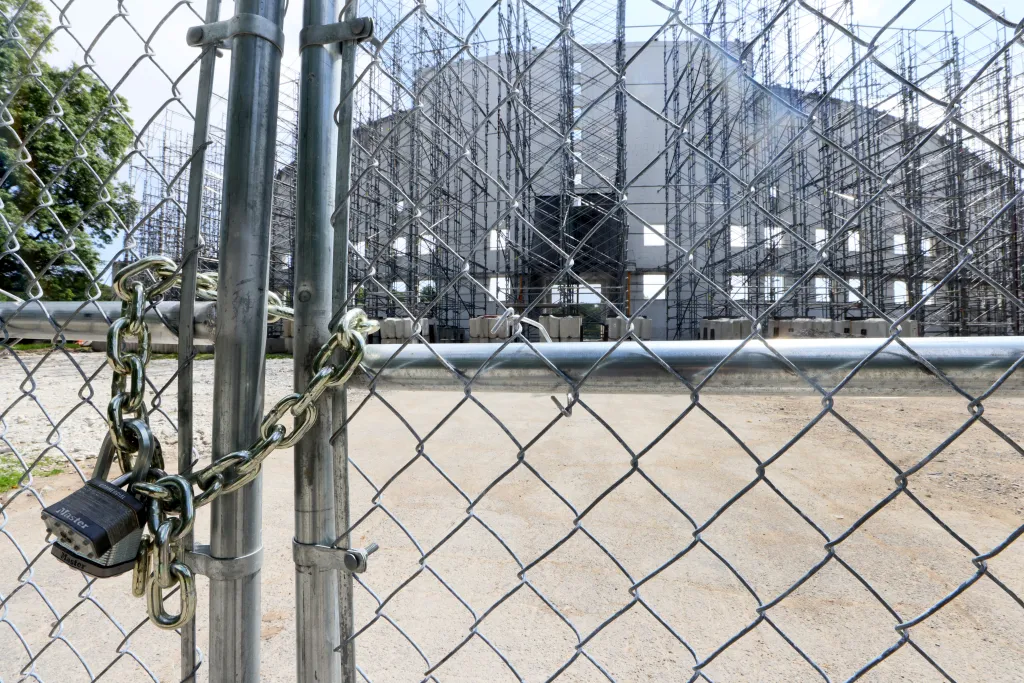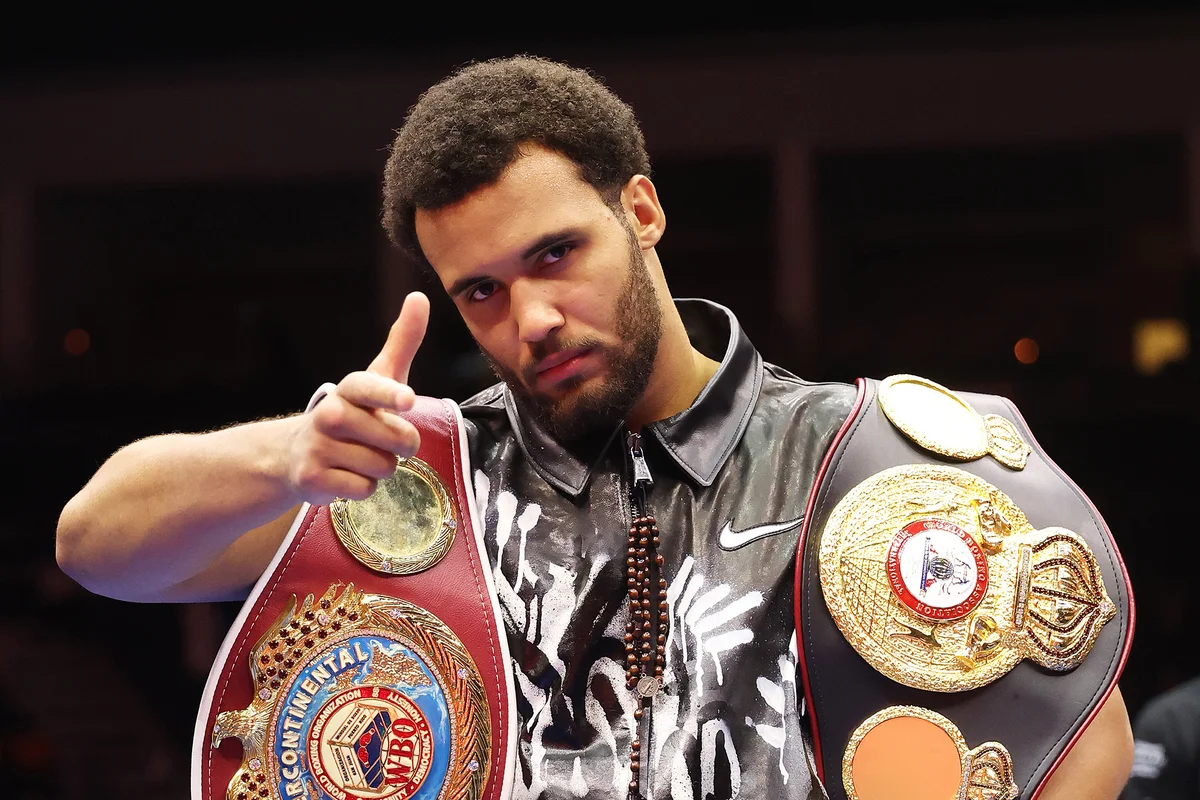Boston Legacy FC secures $100M in financing, moving ball forward on White Stadium soccer plan

Boston Legacy Football Club, the professional women’s soccer team that has partnered with the city on a public-private plan to rehab White Stadium, has secured $100 million in financing to complete its half of the project.
The team, owned by Boston Unity Soccer Partners, announced Tuesday that it has closed on the necessary major institutional financing for the project — from Bank of America — as required by its 10-year lease agreement with the City of Boston.
The financing, secured by the Sept. 15 deadline the city had imposed on the team, will support the extensive rebuilding of the West Grandstand and adjacent areas at White Stadium, as well as additional improvements to the site for the benefit of Boston Public Schools student-athletes and the public, per the team announcement.
“Boston Legacy Football Club is proud to play a central role in restoring White Stadium as a state-of-the-art venue for the city’s student-athletes, and a new home for women’s professional soccer in Boston,” Jennifer Epstein, the team’s controlling manager, said in a statement.
“As part of our lease, we will cover the full cost to operate and maintain White Stadium for decades to come, supporting BPS athletics and ensuring this facility remains a meaningful public resource in Franklin Park,” Epstein said. “We’re proud to be moving forward with Bank of America to realize White Stadium’s restored future.”
Boston Public Schools student-athletes are set to share use of a rebuilt White Stadium with Boston Legacy FC, a new National Women’s Soccer League team, beginning in 2027. Due to construction delays, the team will play its inaugural season at Gillette Stadium next spring.
The city’s cost for its taxpayer-funded half of the public-private project stands at $91 million, but Mayor Michelle Wu said the price tag is likely to increase, when all construction bids are out the door later this year, due in part to federal tariffs.
Wu has declined to provide an updated estimate for how much the controversial project will cost taxpayers, and her office didn’t respond to the Herald’s request for comment on where that figure currently stands.
With the latest financing agreement, the team has devoted roughly $125 million to its half of the project, after the team’s for-profit ownership group deposited $25 million in escrow for construction in February, as required by the city lease.
The mayor has championed the project as restoring a dilapidated facility for Boston Public Schools student-athletes, and touted the financing agreement as a “major milestone,” in her administration’s bid to bring the stadium rehab to fruition.
“This landmark financing agreement is another major milestone as we move forward with delivering a world-class sports complex for BPS students and a new community resource for Franklin Park,” Wu said in a statement. “After many decades of waiting, Boston’s student-athletes will have an athletics facility that matches their talent and potential, owned by BPS and available more than 345 days per year to students and the public.
“We are excited to see the next phase of construction get underway,” Wu added.
Structural demolition at the stadium is complete and the team plans to begin the next phase of construction in November, in coordination with the city’s own redevelopment efforts at White Stadium.
The public-private pro soccer rehab of White Stadium has divided the community, led to a lawsuit, and prompted an alternative proposal from project opponents, who say a high-school-only renovation would cost the city just $64.6 million.
By comparison, the current plan is estimated at roughly $200 million. The city’s half of the project, expected to grow again, has already nearly doubled, from its initial $50 million projection to $91 million at the end of last year.



